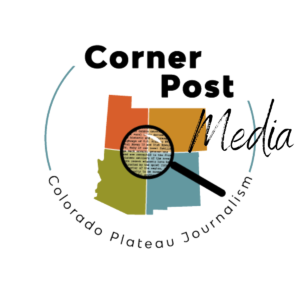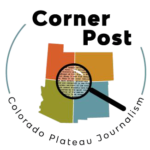
Opinion
Returning to Civility:
What Works
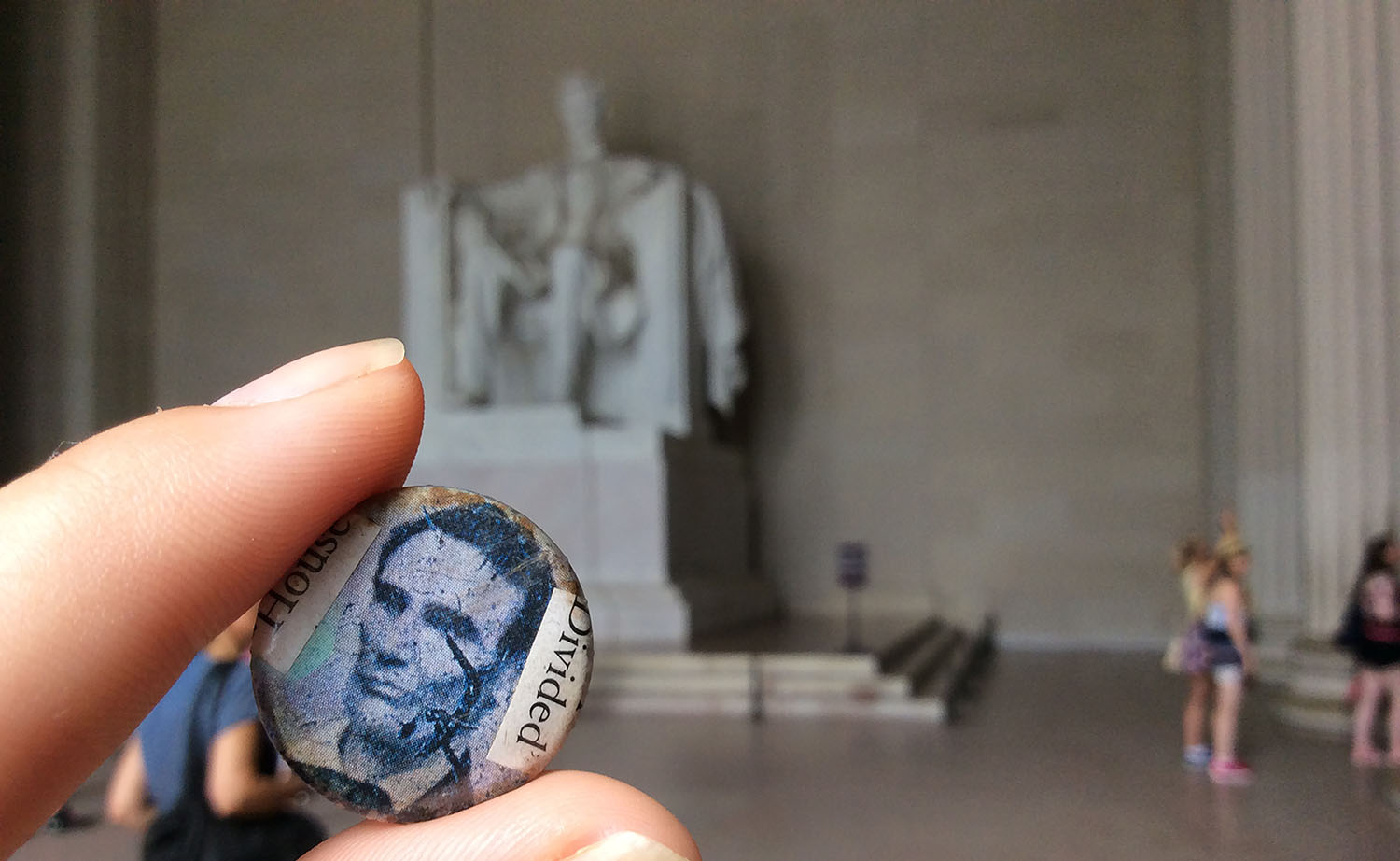

by Chip Ward – 3.31.2021 – 8 min. read
On one hand, the cultural/political gap between those who want to conserve public lands and those who want to exploit them is over-stated. During the four decades I lived in rural Utah, where that divide is sharpest, I rarely failed to connect warmly to neighbors who see issues differently than I see them. Although I was surrounded by Mormon Republicans who disagreed with me politically, I still enjoyed a rich social life, wonderful neighbors, and many dear friends. We were raising kids together, working to pay bills, trying to keep gardens alive through drought, watching kids play ball, going to school events…lots of common ground.
On the other hand, America’s political divisions have become especially toxic these past four years and threaten to tear us apart. Under Trump, conservationists spent time in the barrel getting beat up, and now under Biden, right wingers will take their turn getting bruised. The Capitol insurrection is exhibit A on how damaging and dysfunctional this dynamic of mutual abuse has become.
Unfortunately, bonding diverse neighbors is easier than getting huge groups of strangers to join hands and sing “kumbaya.” Unity may be elusive, but in America, we once agreed to disagree. The orderly transfer of power that happened so seamlessly for centuries is what made America exceptional in a world where losers often had to run for their lives and hide. How do we get back to the civility we lost?
First, we need to understand what works. Here is what I learned about that. When I was an administrator at the Salt Lake City Public Library, I did an experiment. We were building a new Main Library downtown with the generous space for public discourse, and we wanted to know how to use it effectively. To understand how to foster civil civic dialogue, we created a book group. We selected participants who were adamantly opposed to one another in public life, bookends of the cultural divide. As they discussed a controversial novel, we tried different methods of encouraging constructive exchanges. At the end, we interviewed participants to find out what worked and what didn’t work. We got some clear answers.
First, without exception, participants were surprised. They learned things about one another they did not expect, things that contradicted the stereotypes and expectations they held for one another, things more important than their disagreements. All reported the experience was worthwhile and even enjoyable. Although they were often unable to agree, they said they were better able to disagree respectfully and to accept their differences and work around them with good will and trust.
To do so, they needed three things. First, a safe place to explore and express differences. Safe did not mean just physically safe, metal detectors and so on, but emotionally safe. In other words, they had to feel there would be no adverse consequences for stating an opinion. They would not be bullied or shunned for their ideas. Second, they needed clear ground rules that were acceptable to all, understood by all, and fairly enforced. Third, they needed an effective and fair facilitator to help them through the process. Without these prerequisites, they would not reconcile their differences or even engage without animosity.
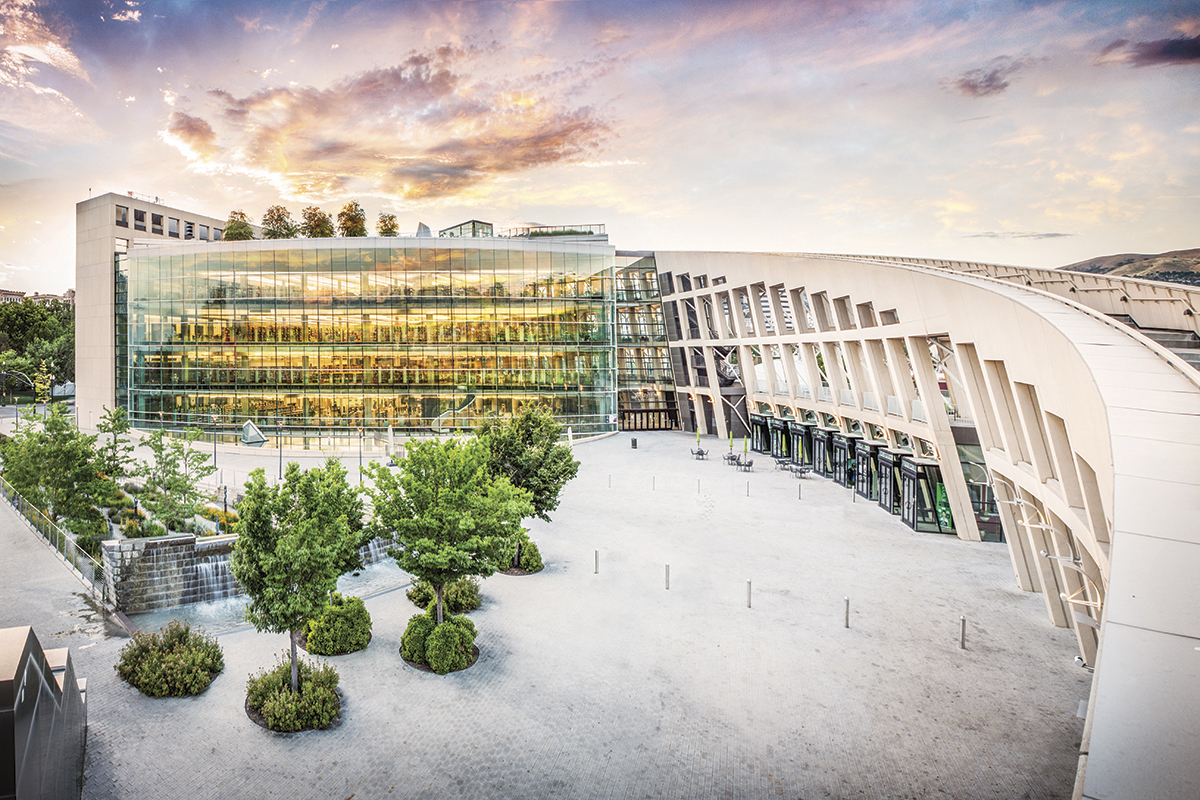
Ideally, you shouldn’t have to rely on librarians to provide those prerequisites. Your local political representatives at town, county, and state levels should be the guardians of civil discourse. They should identify issues that are dividing the community and then initiate discussions where those requirements for healthy public discourse are in place. They should be facilitators, as well as advocates. If that sounds laughably unrealistic today, then that is a measure of how far from the ideal our politicians have fallen. Too many have become reckless partisan warriors who do not serve all of us but only the most zealous among us.
Elections are not a zero sum game because when stakeholders are ignored or thwarted, they can sue. Conservationists are outnumbered in southern Utah but have shown considerable clout because they have financial resources, expertise, and influential connections. They insist on a place at the table, and they are not going to roll over just because they lose elections. And so the battles seem endless and intractable.
Final victory for either side is as unlikely as finding unity. Our political system empowers citizens to disagree and that is what we will continue to do. But the civic arena could be less vitriolic and fraught, with less yelling and more listening. It might invite citizens to participate and tap into their talents rather than turn them off. But if we want public discourse to be civil again, we must insist on different behavior from those we elect.
We enjoy a democratic culture, not because we are like-minded but because we realize we are not. To avoid the inherent conflicts that happen in a diverse and open society, we encourage debate, respect dissent, and tolerate our differences. Through safe and open public discourse, we can mediate those differences and find common ground, but only if we create safe places for those differences to be expressed and assessed, for perspectives to be fleshed out, and for information to accrue. Otherwise, we lob our disagreements with one another like bombs from behind walls where we harden and become brittle. Or we get caught between feuding fanatics.
No, you do not need to meld your mind with your crazy uncle Q or tolerate Nazis and white supremacists. Hate speech violates democracy’s ground rules and reason and credibility are still bedrock democratic principles. But next time you vote, instead of affirming politicians who favor your cultural or political tribe, vote for the person who can conduct a constructive public meeting where nobody feels intimidated or condemned, where all are welcomed, where the ground rules are fairly applied, where deliberation is transparent and accountable. Do not affirm politicians who demonize their opponents and reduce public dialogue to inflammatory tweets, and name-calling, even if that candidate wears your brand.
Flag waving is fun and easy and yelling can be cathartic, but building a democratic culture is hard and serious work.
Republish
Republish Our Content
Corner Post's work is available under a Creative Commons License and under our guidelines:
- You are free to republish the text of this article both online and in print (Please note that images are not included in this blanket licence as in most cases we are not the copyright owner) but:
- you can’t edit our material, except to reflect relative changes in time, location and editorial style and ensure that you attribute the author, their institute, and mention that the article was originally published on Corner Post;
- if you’re republishing online, you have to link to us and include all of the links in the story;
- you can’t sell our material separately;
- it’s fine to put our stories on pages with ads, but not ads specifically sold against our stories;
- you can’t republish our material wholesale or automatically—you need to select stories to be republished individually;
- you have to credit us, ideally in the byline; we prefer “Author Name, Corner Post,” with a link to our homepage or the article; and
- you have to tag our work with an editor’s note, as in “Corner Post is an independent, nonprofit news organization. See cornerpost.org for more.” Please, include a link to our site and our logo. Download our logo here.
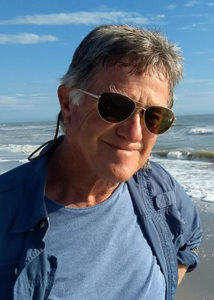
Chip Ward is a former administrator of the Salt Lake City Public Library System and co-founder of HEAL Utah. He is the author of Canaries on the Rim: Living Downwind in the West and the novel Stony Mesa Sagas.



